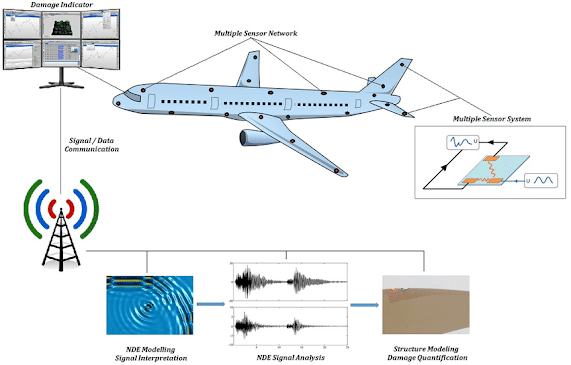𝐆𝐞𝐭 𝐚 𝐅𝐫𝐞𝐞 𝐒𝐚𝐦𝐩𝐥𝐞 𝐑𝐞𝐬𝐞𝐚𝐫𝐜𝐡 𝐏𝐃𝐅: https://www.fortunebusinessinsights.com/enquiry/request-sample-pdf/electronic-flight-bag-market-103689
An electronic flight bag (EFB) stores and retrieves documents needed for flight operations such as aeronautical charts, operating manuals, airport information, weather information, route information, flight log, and other required information. The EFB also provides real-time data, which helps the pilot operate and reduces aircraft weight, improving fuel efficiency. The surge in commercial aircraft deliveries and the rising safety concerns is driving the market. Similarly, the focus on enhanced operational efficiency will spur opportunities for the market.
An Electronic Flight Bag (EFB) is an electronic device that manages and displays information needed for flight operations. EFBs were developed as a replacement for traditional paper-based flight bags, providing pilots with real-time access to flight planning, navigation charts, weather data, and other critical information.
EFBs come in various forms, ranging from portable tablets to fully integrated cockpit systems. They are designed to improve operational efficiency, enhance situational awareness, and reduce the need for paper-based materials in the cockpit.
EFBs have become increasingly popular in modern aviation, and many airlines are adopting them as a standard tool for flight operations. The use of EFBs has also been shown to reduce fuel consumption and emissions by reducing the weight of paper materials carried on board.
EFBs are regulated by aviation authorities such as the Federal Aviation Administration (FAA) and the European Aviation Safety Agency (EASA), which provide guidelines for their use and certification.
𝐊𝐞𝐲 𝐂𝐨𝐦𝐩𝐚𝐧𝐢𝐞𝐬 𝐂𝐨𝐯𝐞𝐫𝐞𝐝 𝐢𝐧 𝐄𝐥𝐞𝐜𝐭𝐫𝐨𝐧𝐢𝐜 𝐅𝐥𝐢𝐠𝐡𝐭 𝐁𝐚𝐠𝐬 𝐈𝐧𝐝𝐮𝐬𝐭𝐫𝐲 𝐚𝐫𝐞:
- Airbus SAS (the Netherlands)
- The Boeing Company (The U.S.)
- Collins Aerospace (The U.S.)
- L3Harris Technologies Inc. (The U.S.)
- Thales Group (France)
- CMC Electronics Inc. (Canada)
- Jeppesen (The U.S.)
- Astronautics Corporation of America (The U.S.)
- Lufthansa Systems (Germany)
- DAC International, Inc. (The U.S.)
- Teledyne Controls (The U.S.)
- Esterline Technologies Corporation (The U.S.)
.jpg)



Comments
Post a Comment